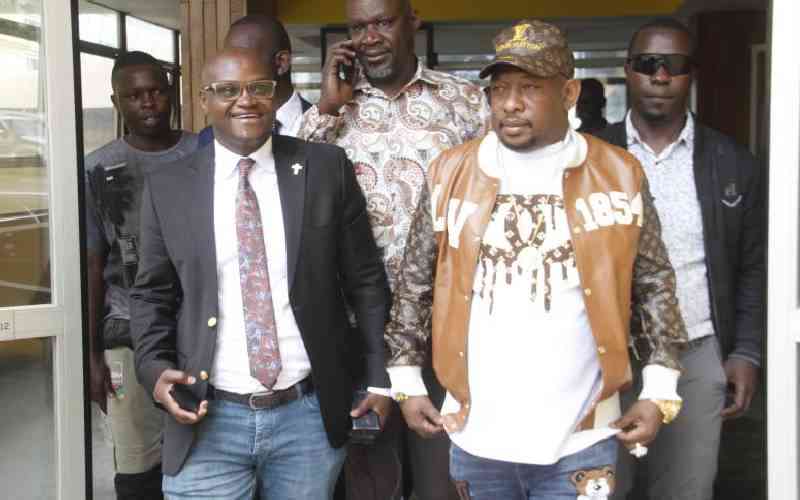×
The Standard e-Paper
Smart Minds Choose Us

After weeks of shuttling between courtrooms in frantic attempts to save his political career, former Nairobi Governor Mike Sonko suffered a blow that would halt his fledgling ambitions.
On July 15 last year, the Supreme Court ruled that Sonko's impeachment in December 2020 had been lawful and with their judgment, Sonko would be locked out of the Mombasa governorship race.